Lalit Modi enters the building; The Hundred assumptions; Expected Wagon Wheels; Organic v Manufactured Formats; Iteration is underrated; PeriodTok; Local>Global; Trip hazard brands
Overthinking the sports business, for money
This newsletter is sponsored by Leaders in Sport - Get 15% off Summit passes
Leaders in Sport connects the most influential people and the most powerful ideas in global sport to catalyse discussion, and drive the industry forward. Through a series of global summits in North America, Europe, Asia and the Middle East, invitation-only memberships and long form content, Leaders in Sport provides professional executives, both on and off the field, with access to a community of peers to share best practice and trends that are shaping the future of sport. Their flagship event, Leaders Week London, returns from 14 to 17 October, with The Summit taking place at Twickenham Stadium hosting the most senior executives from over 40 countries, including over 100 brands. We'll be there, and you should join us. Visit leadersinsport.com/UP for more information and use UP15 for a 15% discount on your Summit passes.
Modi on The Hundred…not a fan, let’s put it that way
This morning I spoke to Lalit Modi about sale of The Hundred franchises - the podcast will be out soon.
It’s always a scoop to get Modi because he’s rich enough to be unfiltered, and as the architect and founding CEO of the Indian Premier League, brings an unsparing view to any conversation about the value of cricket.
That’s long hand for saying, it’s an unmissable podcast.
Over the last week, he’s been busy asking questions that the ECB and Raine Group would rather keep private.
In short, he thinks there’s enormous value in the English summer window but thinks the asking price of the franchises is way too high; he doesn’t like the format and thinks there are some overly optimistic assumptions about future media and sponsorship valuations in the sales deck.
The ECB counter these points by saying Modi had previously bid $1bn to host a separate T20 tournament in the English summer, an offer that was turned down.
So, it’s getting feisty.
But it’s also very juicy in terms of strategies and projections of the sports market more generally, and will be of great interest to anyone selling or buying a sports team in any sport in any league in any territory.
Here he is on some of the sell side assumptions underpinning The Hundred:
Lalit Modi: In a market that is flat, going from 5.7m (pounds) to 32m is again wishful thinking. Have they demonstrated that the sponsorship revenue is going up year after year? It isn’t. The guaranteed revenue is 5.7m, going to 6.3m next year. How are the jumps going to take place to get it to 32m? Then, you come to the major issue. They have 2.1m pounds today for international rights up to 2032, it constitutes about 47 per cent of the total revenue The Hundred is going to make. For the IPL, international rights are about 3 per cent. The NFL has a similar number, they have negligible international revenue. They say India is the Mecca for cricket. Yes, but for Indian cricket. People pay and watch Indian players. Then, they go on to say that the American rights are going to go up phenomenally. That’s not been proven for anybody, including the IPL. They’re saying the World Cup that took place is a demonstration of that. They’re saying the Olympics coming in will further demonstrate that. Let’s go back to the [T20] World Cup that just finished. Who watched that? Only India matches were watched. And that too India-Pakistan and some others. People are pegging their coats on the World Cup having done well. It hasn’t. India was participating and India made it to the final. You saw the debacle in the West Indies in 2007, when India were out. It had a major impact on the viewership and revenues. You cannot base your international rights on that.
Podcast out very soon.
Persons of Interest
We’ve discussed previously the silliness of the various power and rich lists.
Rich Lists fail the basic test of telling us how much money someone has, coming up against the UP Caveat: The Number’s Always Wrong.
Power lists are even less honest, where power is used as a proxy for money. So it’s really just a lazy rich list, where the homework hasn’t even been attempted. Assorted well known people are lined up in order of PR value using spurious markers like wealth, generational influence or the job title someone happens to occupy at that particular time.
(One important exception to this criticism is the PRWeek Power List, that put me at number 5 in the sports category. This is based on hard science and not me taking Danny Rogers to The Ivy on Havas’s expenses budget).
But…we digress.
How about an Unofficial Partner list of interesting people?
One that is entirely, unapologetically subjective. Hunch based. Gut over data.
This begs the question, how do we know who’s interesting and who isn’t?
Our judgement of interestingness will take its lead from Justice Stewart’s great 1964 definition of pornography: I know it when I see it.
Using this criteria, Lalit Modi is our first Unofficial Partner Person of Interest. #UPPOI (note to self, the hashtag needs work)
He has stories to tell; You know when he’s in the room. He divides opinion and his legacy is disputed. He’s someone about whom I WANT TO KNOW MORE.
Wagon Wheels and the underrated role of sampling
The first episode of Expected Goals is out in the wild. Published weekly on a Wednesday, Maggie Murphy and Matt Cutler have started their journey to change the conversation around the business of women’s football.
Wagon Wheels were an early backer of girl’s football, and Maggie still eats them. Who needs expensive marketing attribution modelling?
There’s a really good listener question about betting, which is a topic I’ve often thought is under discussed in relation to the women’s game.
Expected Goals is already picking up some serious pod industry PR…it’s going to be v.big…
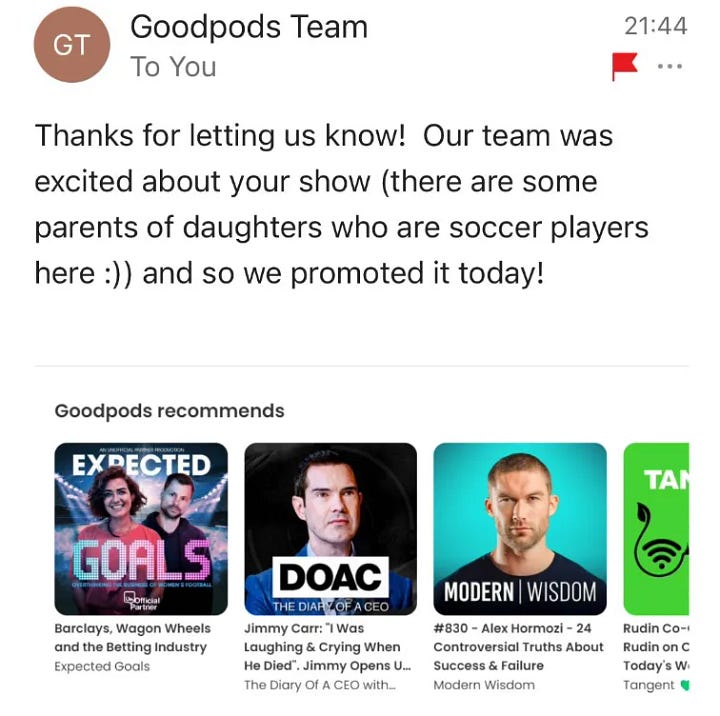
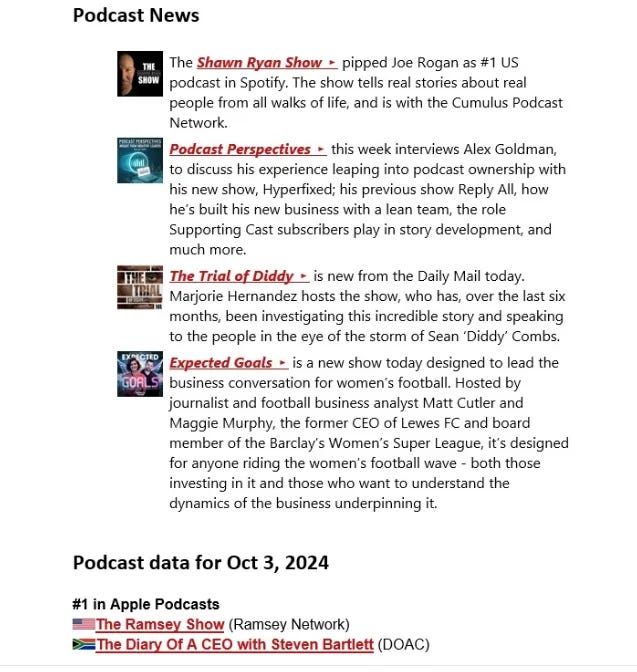
Organic formats v Manufactured formats
Do we know what we want until we see it? Should new sports formats be imposed from above or grown from below? How can you launch a new product format to the market and then iterate, without losing the confidence of fans and media?
We got in to this conversation during our Bundle Live recording, with Murray Barnett, Andrew Ryan and David Dellea.
But what do the terms organic and manufactured mean in this context?
As the market for sport as entertainment matures, we’ll see a load of new formats and tournaments, which are framed as entertainment products rather than having any broader participation agenda. At what point do these stop being useful? Some NGBs and IFs will attempt to retro-tag their badge on to the new thing, and then seek to attribute credit back to themselves by telling the vertical pyramid story, where a generation of kids are ‘inspired’ by what they watch on telly.
So, does organic mean ‘grown from below’?
Twenty over cricket was how we played the game growing up, at school and then club level, going through the age groups and in to the senior teams, when they had midweek evening competitions.
Of course, you graduated to playing longer form at the weekend, but twenty overs was embedded in to the system. So, when the ECB launched Twenty20 cricket in the early noughts, it felt logical. We knew what it was about, could project on to it, we understood the rhythms and the tactics and the compromises forced on each player by the constraint of the format.
Likewise, Kings League is five a side with some very 2024 bells and whistles. That’s not a piss take, it’s a compliment. We understand five a side, grew up with it.
The big challenge, laid out by Murray Barnett on the podcast, is one of iteration.
Launching an imperfect product is anathema to publicly funded governing bodies who fear the heat of fan and media scrutiny as to how they’ve spent the commercial money.
Local > Global, and Rugby League as Oz unicorn
I kicked off the conversation with a rubbish premise: that football dominates, crowding out other sports from the media rights market, forcing them to contort their product to catch the attention of passing trade.
Bollocks, said the elite panel of sports experts. OK, not in as many words, but that was the gist. And I’m thrilled to hear it.
Turns out my assumption of football’s global dominance reveals a very UK, European lens.
It’s not true in the US obviously. Nor India or China and even through to smaller territories such as Ireland, where GAA shirts are as prominent in pubs as those of Premier League teams.
In fact vast swathes of the world remain wedded to local produce, resisting the cliches often trotted out by attention seeking podcast hosts.
Then we got to Australia and the escalating rights fee for NRL, the domestic rugby league rights holder.
As Andrew Ryan notes: If the trend continues, NRL income will outpace other domestic and even international codes, encouraging young talent to migrate down under and/or switch out of union and in to league.
One to watch.
From the archive: Danny Townsend on private equity in Australian soccer
How many TOPs need to leave before it’s defined as an Exodus?
Headline writers love an exodus.
It’s a bit biblical and suggests massive, structural turbulence, and who among us doesn’t love some of that?
As news of Bridgestone leaving the Olympic programme surfaced, I put this question to the WhatsUP group.
Irritatingly, they came back with nuance.
Japanese sponsors leaving the TOP programme after the Tokyo swing.
So, no exodus, but I was told I could have Jexit.
Then Prof Simon Chadwick chimed in:
China’s 15th five-year Communist Plan will be finalised next year. Am told by some working in the industry there that government will take the post-Covid brakes off sport. Country’s corporations appear to have been given the green light to build global presence. For ‘Jexit’, read ‘Chentry’?
The little tease.
FIFA naming rights and wrongs
FIFA’s launch of their 2025 Club World Cup took place this week.
Looking beyond the jazz hands New York ceremony, sponsor nerds noted something odd about the list of match venues: They were called by their actual names.
This from Ricardo Fort, formerly of Coca Cola Co, on WhatsUP:
There are couple of things going on here:
1. Unlike the World Cup, where the countries are bagging FIFA to host, the Club WC is an event FIFA is asking the USA to do it. The stadia owners know they have the upper hand in this negotiation and probably only agreed to host if the cost is minimal (i.e.: no need to remove all signage).
2. The bidding book of a WC requires that the host delivers clean venues. For the club WC, there is no bid book, so they can rewrite the rules.
3. In their minds, they have no sponsors for the event (this is not correct and there is a dispute between FIFA and the Partners who claim they do have it), so they are not infringing any brand rights.
It will be much harder to do it in 2026, where Coke can sue them for allowing the huge Pepsi logo in Santa Clara, for example. Same for Kia/Hyundai with the Mercedes-Benz in Atlanta.
Ricardo’s analysis suggests that there’s an expensive difference of opinion between FIFA and its most generous sponsors, the latter think their existing deals should stretch across the new event.
Ricardo again:
Depends on when their contracts were signed. Older contracts do have rights to all existing and new FIFA events. So, yes. On the other hand, FIFA can eliminate any event and partners are not entitled to compensation. Think Confederations Cup. For Club WC, FIFA claims this new event is so much bigger and better than anything in the past, partners should pay them (over $100 million). This discussion has been going on for years and the fact no partner has talked about Club WC is a sign it hasn’t been resolved yet.
Brand name as trip hazard
Q. If I misremember the name of a sports agency more than once, is the problem mine or theirs?
This question comes after I keep getting the name of Endeavour owned 160over90 wrong. I did it when recording our recent Wedge Issues podcast from Wentworth. I then had to go back and change it in the show notes, twice…first time I got the numbers wrong, the second time I got the ‘over’ in the wrong place and/or in the wrong case.
No drama, but I feel sorry for the PR team who has to police this, it must be so boring for them.
I have a similar problem knowing how to pronounce MKTG in a manner that pleases the agency’s owners. Also TRO.
Going back a bit, as a sub editor, I resented it when Adidas insisted on the lower case adidas, or when Sport Business magazine (which I edited), was advised by expensive branding consultants to change to SportBusiness, without the gap.
Each was a designer’s flourish that turn a brand name in to a trip hazard.
The 160over90 (is that right?) snafu took me down a rabbit hole.
When they bought the agency in 2019, Endeavour put out a release to the trades saying the name was a blood pressure reference that “refers to the excitement and emotional response that we want all our work to elicit.”
This search alerted the TikTok algo which then delivered this to my door.
Apropos of nothing: The clip suggests that 160over90, or 160/90 as I mistakenly wrote (the second time), was the level doctors used to categorise high blood pressure.
This has since been lowered quite considerably.
Why? One theory is that it’s a Big Pharma scam to drive drug sales, by redefining high blood pressure at a level that captures a larger proportion of the population. Or it’s just good sense, as most of us walk around oblivious to the BP time bomb ticking within us. A lower number saves lives.
Anyway, I’m starting a campaign for more easily remembered agency names, who’s with me?
Conversations about women’s health that men avoid having, pt2
Another bit of TikTok targeting.
Following our podcast with Baz Moffat and Preeti Shetty on women’s health, I’m bombarded with period chat.
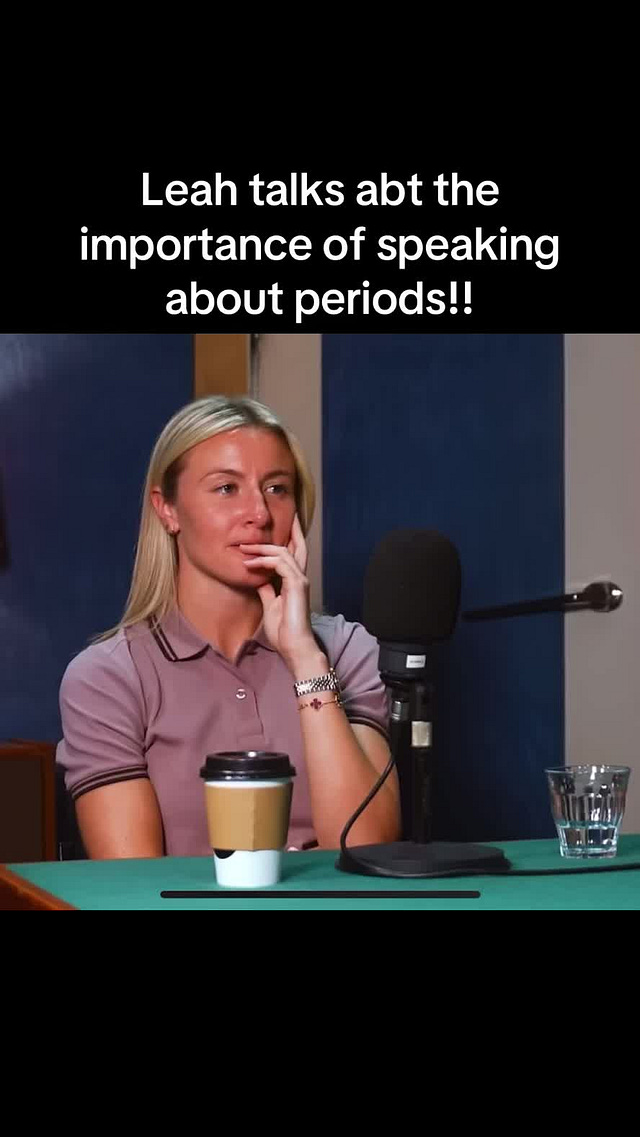
 Tiktok failed to load.
Tiktok failed to load.Enable 3rd party cookies or use another browser
Fun fact from this episode: a 2016 report suggested there are more than 5000 euphemisms for period worldwide. In the intro to this podcast I started listing them…the decorators, the curse, Aunt Flow…but it sounded even more Partridge than usual, so I cut it.
This is a good piece by Baz Moffat on why we should all just call it what it is.
The #SayPeriod campaign built a head of steam through the summer, in many ways a best-summer-ever for women’s sport.
Best-summer-ever … despite that tag, or maybe because of it, a number of top athletes cited their periods’ negative impact on performance. These felt like watershed statements: Omerta – the code of silence – was finally being shattered; in some cases on live TV.
Telling, too. If anyone should have period science, coaching and insight by the bucketload, it’s A-list athletes.
Words from Lydia Ko, Dina Asher Smith, Iga Swiatek and others were powerful. But that power was blunted when the athletes or journalists or both felt the need to use the code. They reverted back into the snug warmth of the social compromise.
So it became less of a period problem and more of a … time of the month problem; a women’s stuff problem; a girls’ issues problem. Dialling back the language dialled back the power. We know girls in sport drop out at twice the rate of boys. We know that 64% of schoolgirls in sport now won’t be by their mid-teens. We also know that period blame, pain and shame are the chief reasons why.
See also:
These Girls Did: Good news on girls football participation from The FA.






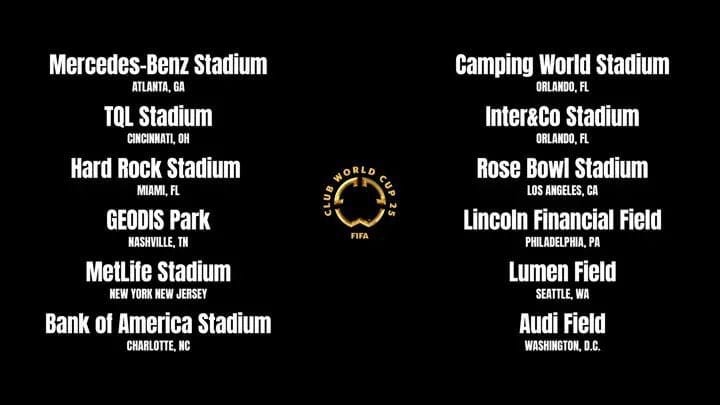
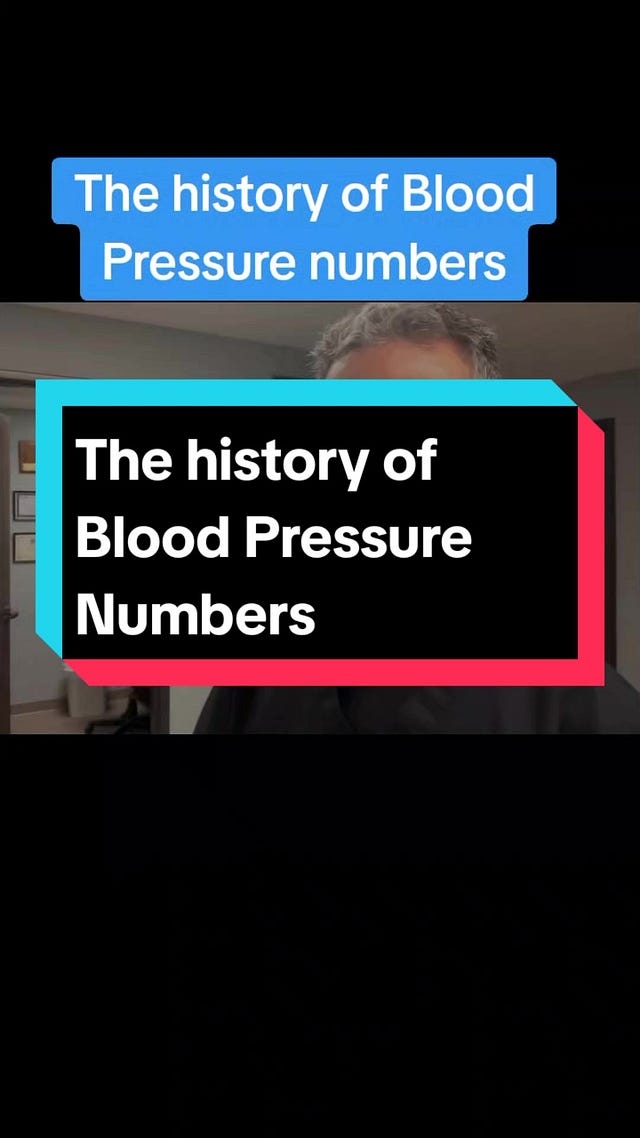
Lalit is box office. Remember the famous Eric Bischoff saying “Controversy Creates Cash”
Beautiful work this week.